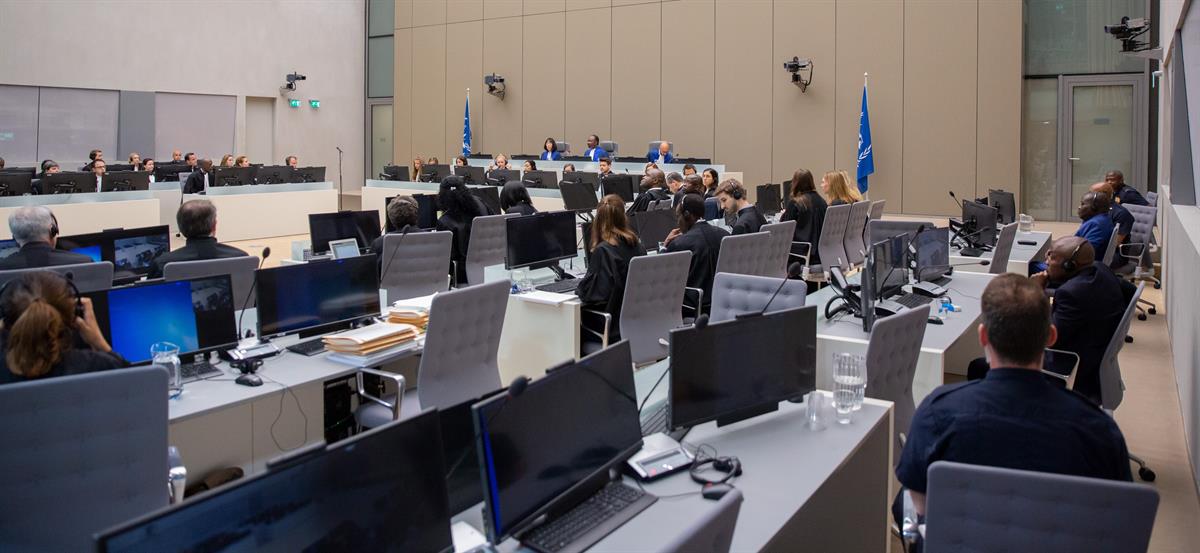
The International Criminal Court (ICC) investigates and, where warranted, tries individuals charged with the gravest crimes of concern to the international community: genocide, war crimes, crimes against humanity and the crime of aggression.
"This cause … is the cause of all humanity"
Former United Nations Secretary-General Kofi Annan
The Court is participating in a global fight to end impunity, and through international criminal justice, the Court aims to hold those responsible accountable for their crimes and to help prevent these crimes from happening again.
The Court cannot reach these goals alone. As a court of last resort, it seeks to complement, not replace, national Courts. Governed by an international treaty called the Rome Statute, the ICC is the world’s first permanent international criminal court.
Towards stability and lasting peace
Key features
Also in this section

Trials are fair
ICC judges conduct judicial proceedings and ensure the fairness of proceedings.

The Prosecution is independent
The Office of the Prosecutor is an independent organ of the Court. The Prosecutor conducts preliminary examinations, investigations and is the only one who can bring cases before the Court.

Defendants' rights are upheld
Defendants are entitled to public, fair proceedings that they can follow in a language they fully understand, and more.

Victims' voices are heard
Victim's voices are heard in the Courtroom, as the Rome Statute grants victims unprecedented rights to participate in ICC proceedings. Watch now.

Participating victims and witnesses are protected
The ICC has a victim and witness protection programme that uses both operational and procedural protective measures.

Outreach creates two-way dialogue
The Court engages in two-way dialogue directly with communities that have suffered from crimes under its jurisdiction, so that they can communicate directly with the Court and gain a sense of ownership in the judicial process.

The fight against impunity continues
By supporting the Court, the countries that have joined the Rome Statute system have taken a stand against those who, in the past, would have had no one to answer to after committing widespread, systematic international crimes. The ICC calls on all countries to join the fight against impunity, so that perpetrators of such crimes are punished, and to help prevent future occurrences of these crimes
Facts and Figures
Today the Court has:
Over 900 staff members: From approximately 100 States.
6 official languages: English, French, Arabic, Chinese, Russian and Spanish.
1 ICC Liaison Office to the United Nations in New York and 7 ICC Country Offices in Kinshasa and Bunia (Democratic Republic of the Congo, “DRC”); Kampala (Uganda); Bangui (Central African Republic, “CAR”); Abidjan (Côte d’Ivoire); Tbilisi (Georgia); and Bamako (Mali).
2 working languages: English and French.
Headquarters: The Hague, the Netherlands.
2023 budget: €169,649,200
There have thus far been 31 cases before the Court, with some cases having more than one suspect.
ICC judges have issued 42 arrest warrants. Thanks to cooperation from States, 21 people have been detained in the ICC detention centre and have appeared before the Court. 17 people remain at large. Charges have been dropped against 7 people due to their deaths.
ICC judges have also issued 9 summonses to appear.
The judges have issued 10 convictions and 4 acquittals.